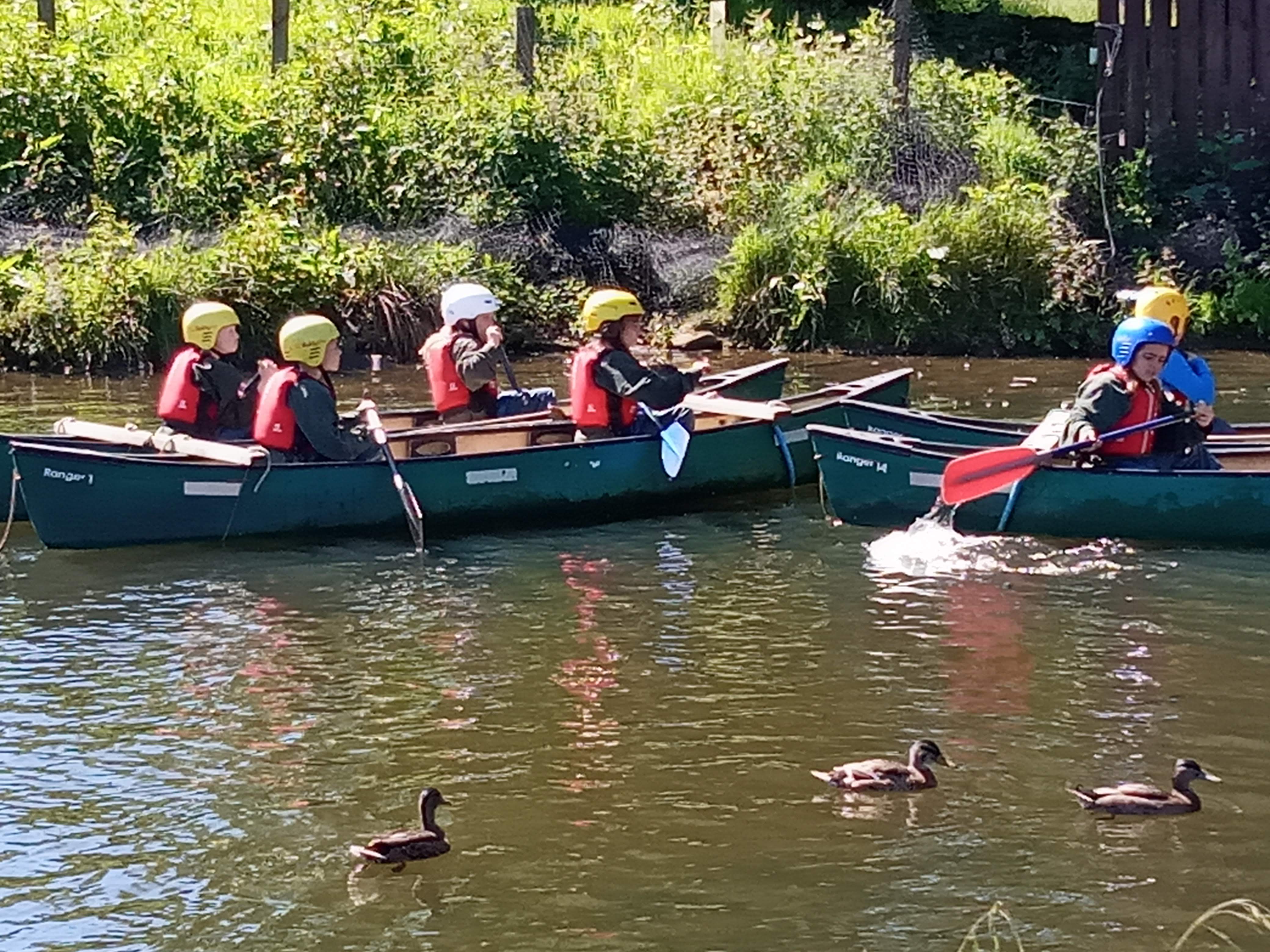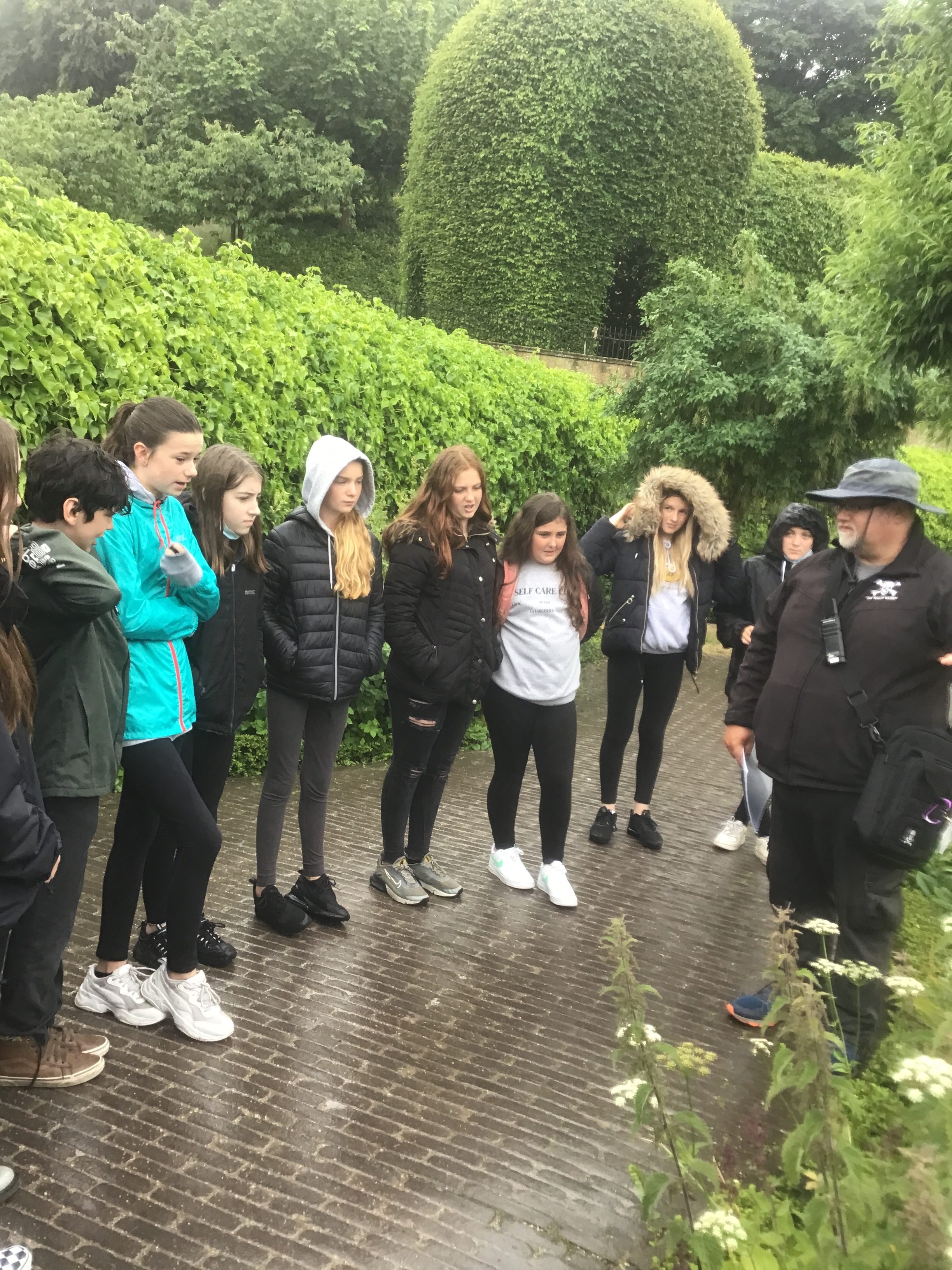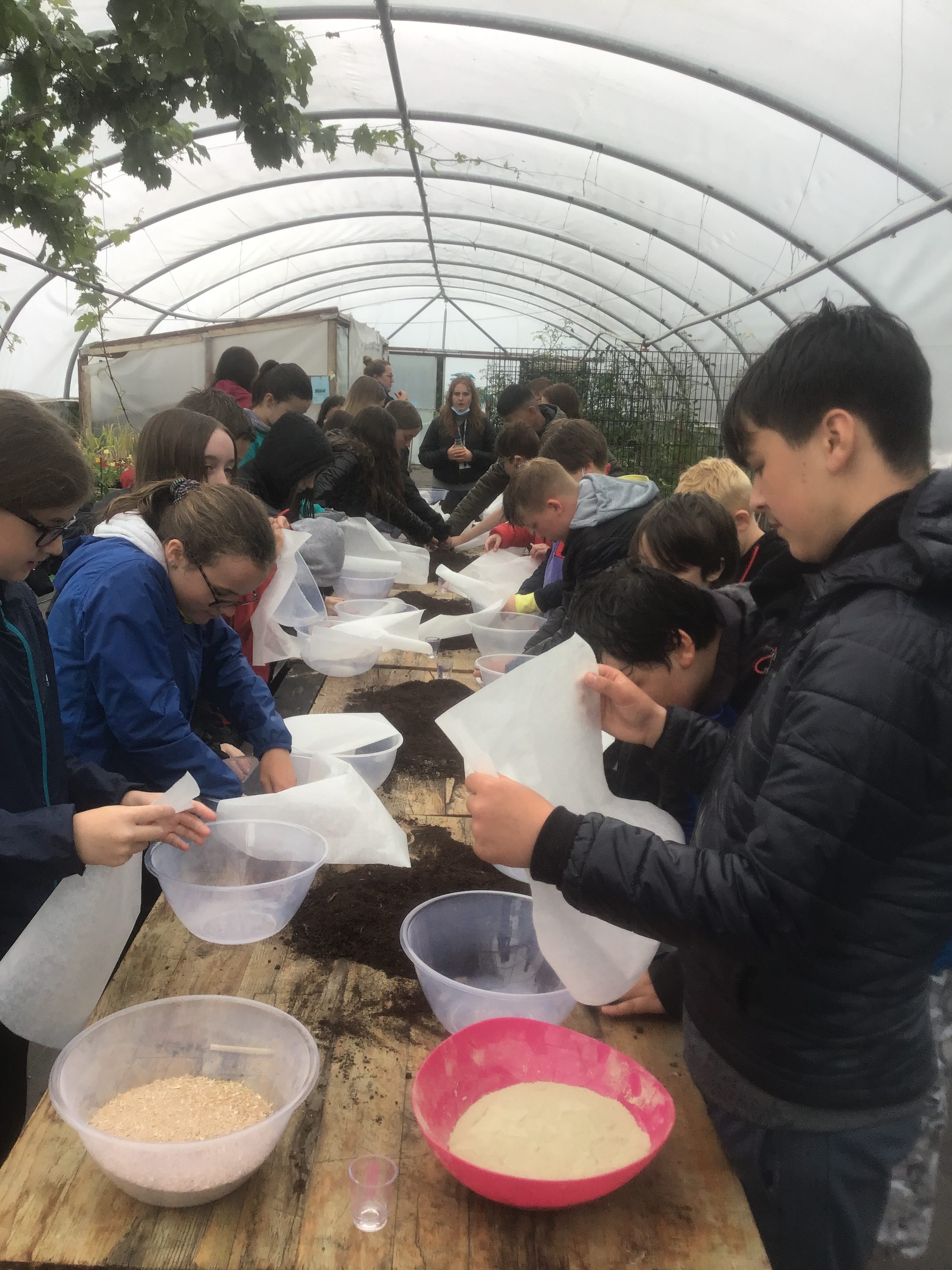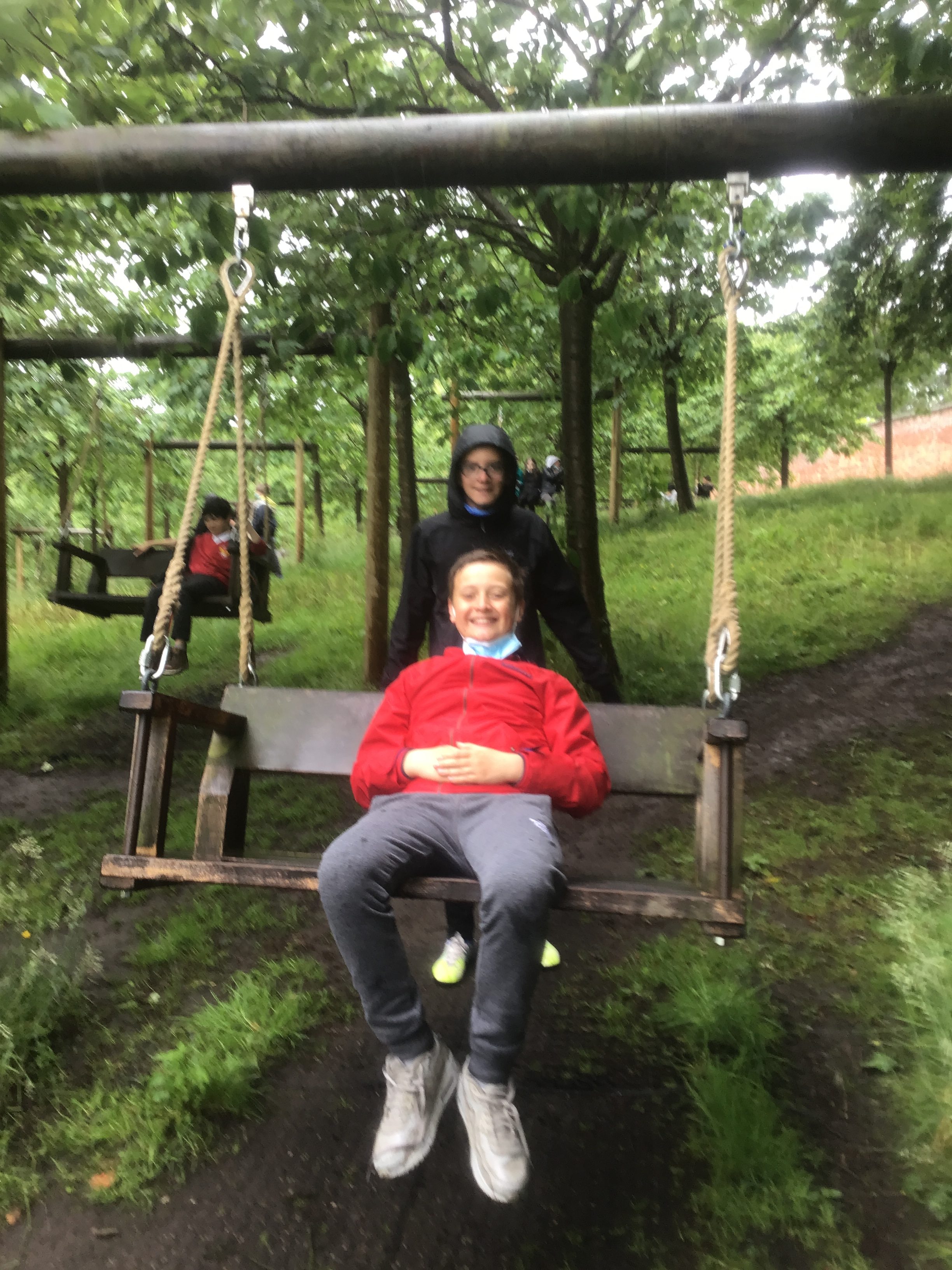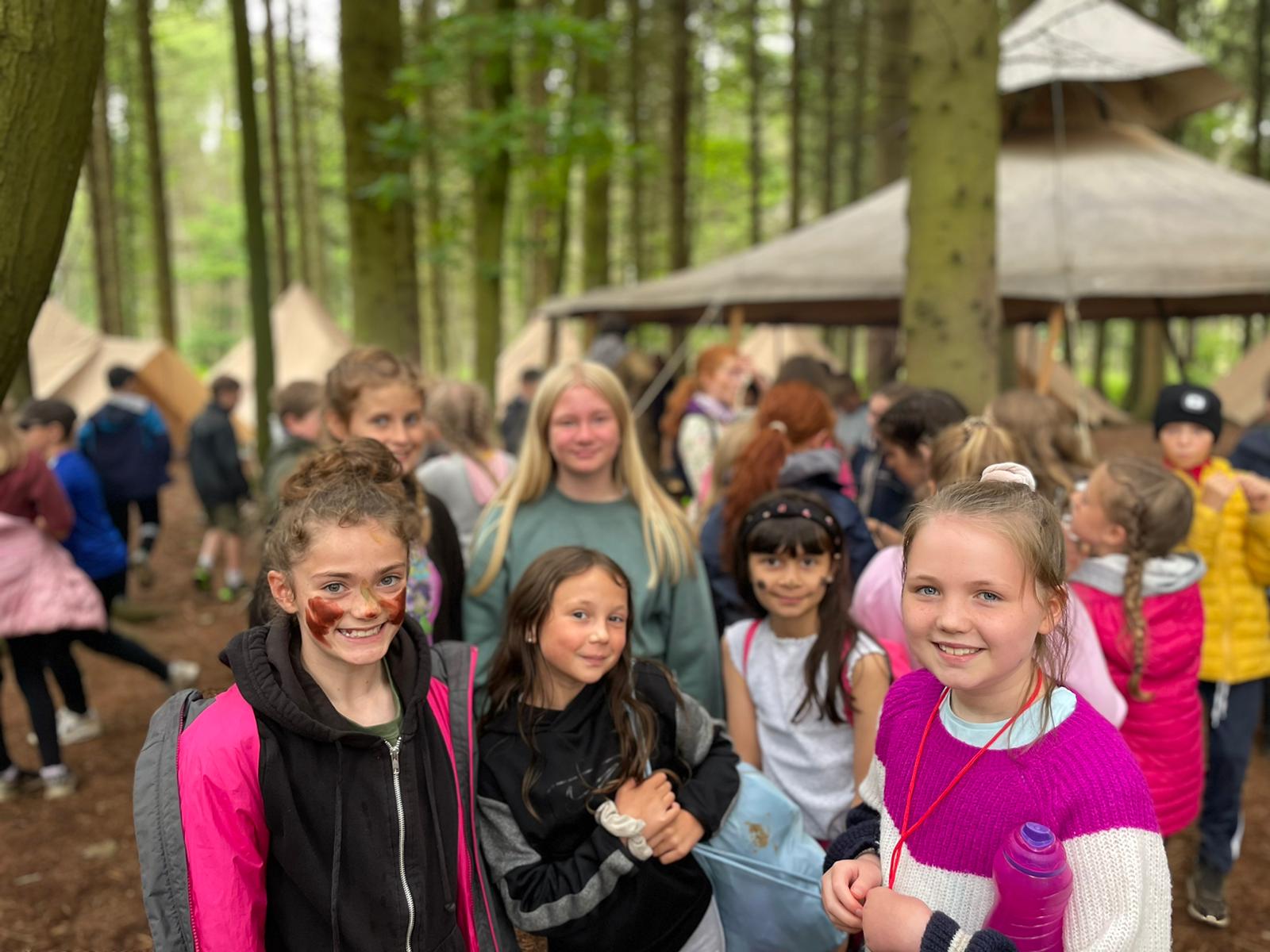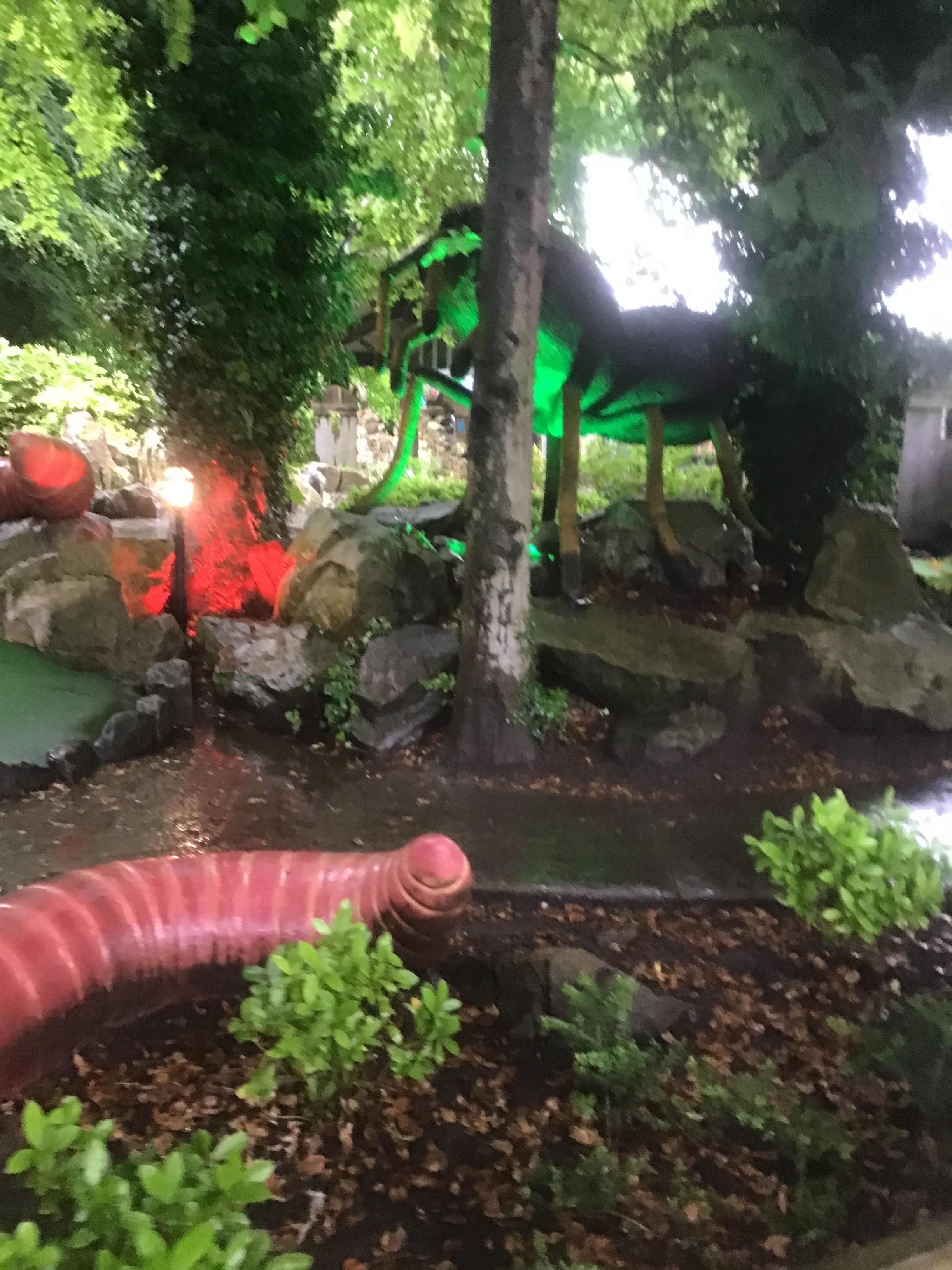
Mathematics
At Wellfield, we believe that students deserve a creative and ambitious mathematics curriculum, rich in skills and knowledge, which ignites curiosity and prepares them well for everyday life and future employment. A wide range of mathematical resources are used and pupils are taught to show their workings in a concrete, pictorial and abstract form as well as encountering varied representations for the same mathematical concept. They are taught to explain their choice of methods and develop their mathematical reasoning skills. We encourage resilience, adaptability and acceptance that struggle is often a necessary step in learning. Teaching is underpinned by the belief that all children need a deep understanding of the mathematics they are learning, with the aim that all pupils: become fluent in the fundamentals of mathematics, using concepts, facts and procedures appropriately, flexibly and fluently
- develop a sufficient depth of knowledge to be able to apply their understanding to solve problems and reason mathematically
- recall key number facts with speed and accuracy from long-term memory and use them to calculate and work out unknown facts
- use appropriate mathematical vocabulary to develop arguments, justify and prove their hypotheses
Those pupils who grasp concepts securely should be challenged through being offered enriched activities, while those who are not sufficiently fluent with earlier material should consolidate their understanding, including through additional practice, before moving on. Pupils should apply their mathematical knowledge and problem solving skills across the curriculum in other subjects.
“Pure mathematics is, in its way the poetry of logical ideas”
“Anyone who has never made a mistake has never tried anything new. It's not that I'm so smart, it's just that I stay with problems longer. ”
Albert Einstein
Teachers at Wellfield know good Maths teaching happens when:
- Pupils are given the opportunity to develop fluency, automaticity and speed of recall
- Pupils progress from developing procedural fluency to reasoning and problem solving about the mathematical concept they are studying
- Pupils are happy, engaged and discuss and ask questions about their mathematical understanding
- Pupils are supported and challenged appropriately to support them to make progress, regardless of their starting point
- Pupils see links between the maths idea they are learning and those they have learned previously
- Maths teaching makes relevant, meaningful links to other areas of the curriculum; children apply their maths knowledge and skills in other subjects
- Teachers and teaching assistants skillfully model concepts and procedures for students, scaffolding their understanding with concrete and pictorial representations
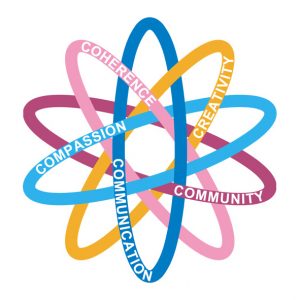
Maths and the 5Cs
Coherence
In maths, learning is well organised and purposefully designed, making small steps between mathematical concepts and themes. Mathematical coherence is evident on all scales across our curriculum; within lessons as pupils progress from concrete to abstract understanding and also across key stages as pupils build upon previously taught content to explore mathematical themes further. Our coherent mathematics lessons are goal-oriented and content-focused, being conducted by a sequence of structured classroom discourse moves. Tasks are designed so pupils can identify the links between questions in order to help them progress and deepen their understanding of a particular concept. We use tasks to build conceptual knowledge in tandem with procedural knowledge.
Communication
Through mathematical talk, we listen to explanations and help to build upon contributions by scaffolding and making links. At Wellfield, using the correct mathematical vocabulary is key to articulating a problem with accuracy. Teachers require pupils to monitor, reflect on, and communicate their problem solving, celebrating different methods. Through the use of stories and real-life problems, pupils enjoy learning mathematics in different contexts. There is a focus on supporting pupils to understand how interventions are connected to whole-class instruction; Comparing what a pupil is doing right now with what they have done wrong before.
Creativity
In maths, learning should reflect real life and include real-world contexts. It should be tangible and creative, conjuring a sense of exploration and curiosity rather than just ‘right’ or ‘wrong’ answers. Group and team work is fostered to support creative thinking and engagement with maths, promoting collaborative problem solving and mathematical discussion.
Pupils are encouraged to take responsibility for, and play an active role in, their own learning and thus developing metacognition. This ability to independently plan, monitor and evaluate their thinking and learning helps to foster their creativity in solving mathematical situations. In maths, teachers initially model metacognition by describing their own thinking, however providing regular opportunities for pupils to deepen understanding by encouraging them to explain their thinking to themselves and others.
Community
Our community is explored in maths through the appreciation of local landmarks and their structures. We look at geometric features and architectural approaches, making links with number patterns, ratios and properties of shape. Local logistical companies are referenced when looking at problem solving and sequencing of events. We explore local timetables and events when building on our knowledge of time.
Exploring various methods to solve problems includes sharing methods, procedures and solutions used internationally. Exploring different methods of using the four operations, including those used in different countries, drawing on the structure of our number system and the place value of each digit.
Money and current economic affairs is a foundation of contextualising place value and calculating with percentages.
Compassion
When learning mathematical concepts at Wellfield, we appreciate people solve problems in different ways. We explore different approaches and methods, celebrating each by making links to previously taught mathematical themes. We refine methods and celebrate efficiency, teaching pupils to consciously choose between mathematical strategies and justify their choices. We appreciate pupils have skills in different mathematical areas and celebrate these strengths, whilst building on areas of development. Teachers are aware of potential maths anxieties so, here at Wellfield, we have a part to play in breaking down entrenched perceptions of maths and shaping more number-confident and resilient pupils, ready to move on to the next stage of their learning and then into adulthood. We strive for our pupils to feel confident in maths, enjoy maths lessons and to share their particular strengths within maths.
Historical links are referenced and the development and contextual links explored, appreciating use of mathematics to solve problems.



